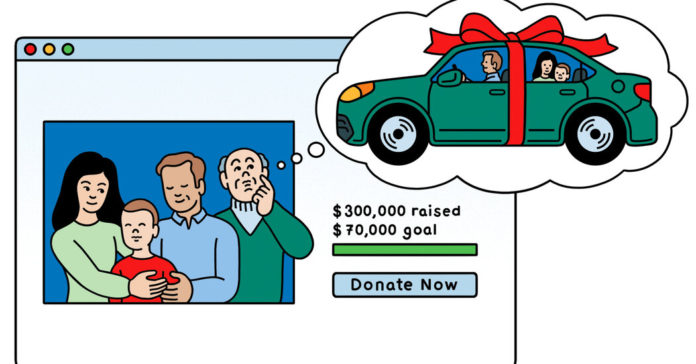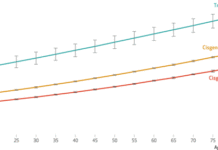
The Oxford philosopher Gilbert Ryle had a theory about dispositions. In his view, when we say that a person knows Latin, that a glass pane is brittle or that sugar is soluble, we’re not talking about some deep attribute that’s normally hidden from us. Rather, these dispositional concepts are basically predictions about what would happen in certain situations. That’s consistent with the way you explain your bisexuality by saying that if, contrary to fact, you were single and dating, you’d see both men and women.
Surveys meant for tracking diversity, though, aren’t interested in dispositions, as such; they’re interested in social identities. These things are connected, of course. Catholic priests, who have taken a vow of chastity, can identify as gay while abjuring sexual activity or romantic relationships. That is, they could, while leading lives of abstinence, put it out that they’re gay and be recognized by others as such. (I don’t mean just by their nearest and dearest.) They could inhabit that identity.
Yet it can sometimes be hard to turn a disposition into an identity. Father Bryan Massingale, as a scholar and activist, writes and talks publicly about his sexual, racial and religious identities; but unless your professional practice has an L.G.B.T.Q.+ focus, the issue may simply not arise in your work life. And checking a box on a client or state-bar survey doesn’t necessarily affect how you’re seen in the workplace. If the surveys aim to collect information about people with particular social identities in your profession, the pertinent question is whether your colleagues would identify you as such, not just how you would self-identify. The way you regard yourself in pectore (to use the Catholic phrase) doesn’t settle the matter. If your objective is to destigmatize bisexuality among your co-workers, it’s not the subjective but the social dimension of identity that counts.
Ryle, by the way, seems himself to have lived a celibate life. I’m told that his colleague A.J. Ayer once asked him which sex he would incline toward were he ever to have an intimate relationship. (Ayer, a notorious philanderer, was also keen on gay rights.) Ryle apparently spent a long moment in grave reflection on his dispositions and then replied, simply, “I don’t know.” It wouldn’t have occurred to Ayer that he might have had no sexual inclinations at all.
We have two adult children and have always considered that being fair means we give to them equally. As they enter middle age, though, their circumstances are quite different. One has a spouse with equal earning power who is almost certain to inherit from her family. The second child is single, with our family her only resource. Is it fair to give one one-third and the other two-thirds? We would share our decision with them. Emily, Pittsburgh
You can treat two children as equals and still take account of their different needs. A parental bequest allows some people simply to do things they otherwise wouldn’t; for others, it’s a real help in meeting ordinary needs. The closer your second child is to the second situation, the stronger the case for a larger share. It’s good to talk about these things with your beneficiaries as you’re deciding them, though. Children may have unnecessarily disappointed expectations and even conflicts after you’re gone if you don’t make your plans clear while you can explain them.
Kwame Anthony Appiah teaches philosophy at N.Y.U. His books include “Cosmopolitanism,” “The Honor Code” and “The Lies That Bind: Rethinking Identity.” To submit a query: Send an email to ethicist@nytimes.com; or send mail to The Ethicist, The New York Times Magazine, 620 Eighth Avenue, New York, N.Y. 10018. (Include a daytime phone number.)








